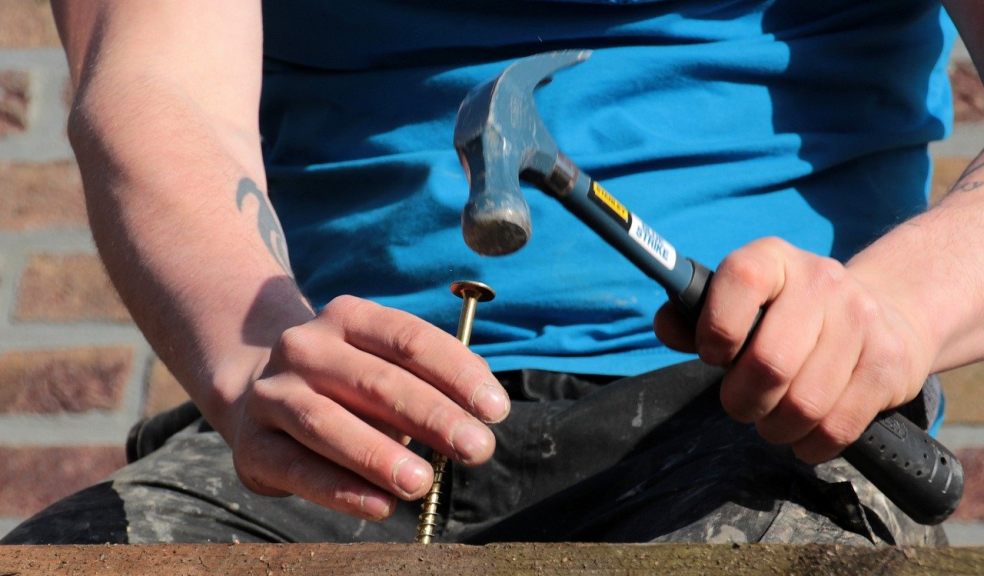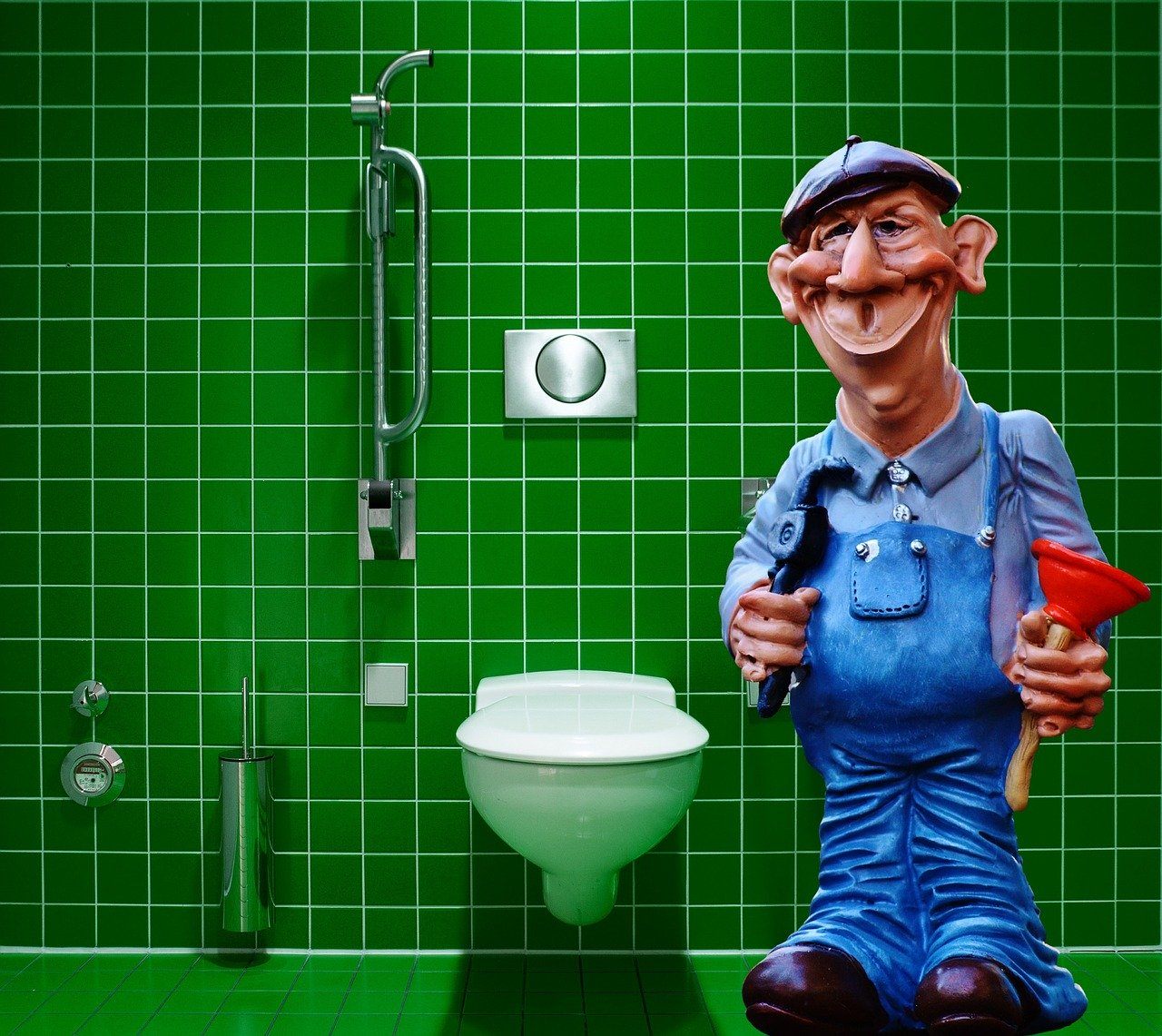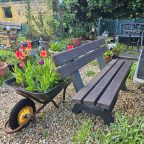
6 Areas Of Your Home That May Need Some Fixing
Most people pay more money for their homes than for any other item. Let’s face it, it’s probably your biggest asset. Homes are like relationships - they need regular maintenance and care to function correctly. The minute something is new in the house, it begins to age, risking wear, tear, and damage.
When there are major issues, urgent action is no doubt taken. When it comes to the less pressing problems, however, there can be a temptation to delay doing anything till a later date. The trouble is that some things needing repair can create long term damage if ignored for too long.
This article discusses six areas of the home that may need some attention.
Doors
These can be as annoying as dripping taps if not tackled promptly. Over time the hinges may need some attention to stop the friction. WD40 or olive oil may simply need to be applied to the offending area. Alternatively, try a glycerin-based soap bar.
Conservatory Roof
Having a conservatory can be a great way of adding extra space and value to a property. Having said that, not everyone knows how to address such issues as conservatory roof repairs to keep the weather out and minimize damage. The experts say that over time, timbers rot and roof caps degrade. Lead flashing can leak if it’s not completely sealed, and rain that is blown in the wind can end up getting through. Roof seals can easily perish by the elements, although it’s easy enough to fix on a diagnosis.
Air vents can also be an issue with conservatories. It’s always important to first check the warranty and product information. Without the required knowledge and experience, professional help then may be needed.
Smoke Detectors
Whilst designed to save lives, they can require a bit of maintenance along the way, particularly if there are lots of them. Understandably so, they usually emit a loud sound to warn the occupants of the home that the battery is dying. The responsible thing is obviously to replace the battery immediately.
Most batteries are 9v, and all one will additionally need is a screwdriver to remove the protective plastic casing. Once the new battery is in place the device should be restored to full working order. There is often a red reset button which will indicate whether or not the issue has been rectified. If the issue persists, it may be that the smoke detector will need replacement. In that case, be careful to turn off the electricity in the house before installing the new unit in accordance with the instructions.
Lighting
It’s important to have plenty of lighting in every part of the home. This is never more so than in the kitchen where utensils like knives are used and boiling water is transported. Replace old or dead light bulbs with eco-friendly versions. LED lights last much longer and are more cost-efficient as well.
Before changing a light bulb, it’s essential to turn off the light switch. If the bulb only died a few minutes ago, wait until it has safely cooled. Screw thread bulbs are simply unscrewed from their mount. If it takes a little pressure to coerce the bulb out of its position, take care not to break the bulb and shatter the glass.
Toilets

If the toilet gets clogged, it may be that a bucket of water will supply the extra momentum to shift the blockage. This should never be done if the water is up to the rim, however.
For extra attention, a drain plunger can be applied by putting the rubber part underwater and pushing down about nine times. The air will then be sucked up and hopefully resolve the problem. Beyond that, a wire coat hanger that has been straightened out or a toilet auger can be applied. Be careful not to damage the pipes in the process.
Garbage Disposal Unit
To remove blockages, an Allen wrench will be needed. First of all, cut the power to the unit. Then put the wrench into the hole in the middle, and adjust the flywheel inside the disposal unit. Pliers or a wooden dowel can then be used to remove anything that has become lodged. When this has successfully been done, reconnect the electricity and run the water to flush it out.
At the end of the day, we are all in a different place on the spectrum of practical skills. We may know how to do simple jobs only, or be willing to tackle ever-bigger tasks. Whilst many things can be done alone, it is always advisable to seek professional advice or help if unsure or unskilled.




















